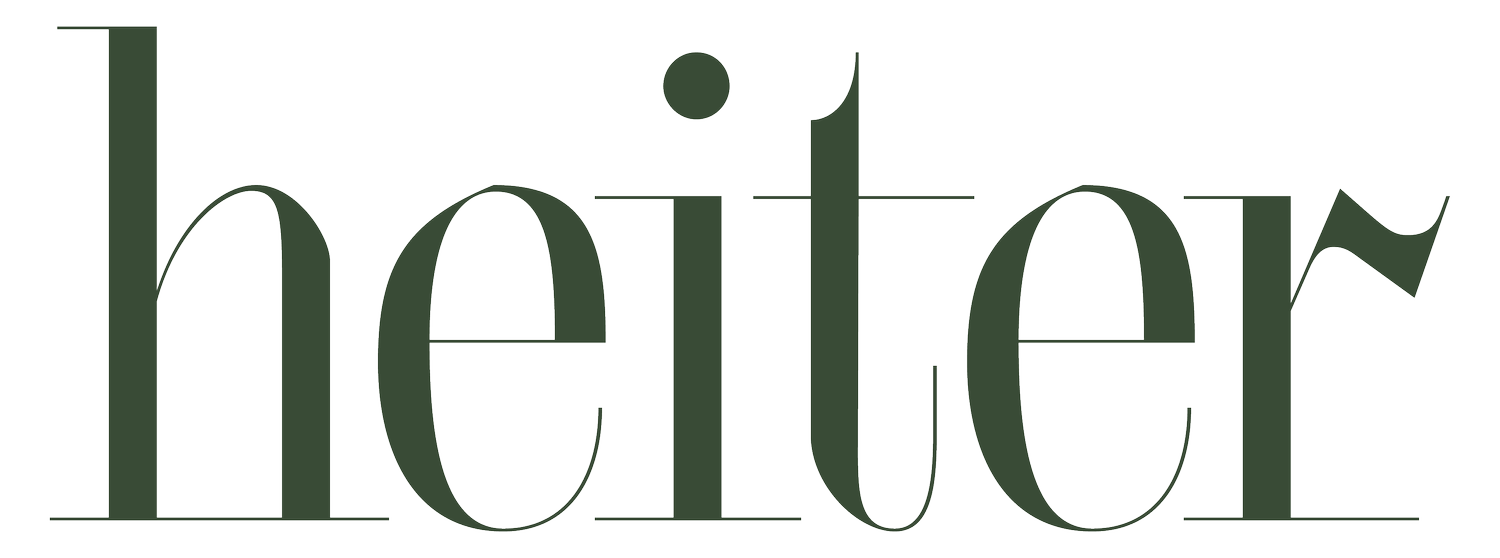How to worry less and enjoy life more: how I found Heiterkeit
I am sitting at my desk, thinking about the concept of new beginnings and how, for me at least, Heiterkeit (which is the German noun for cheerfulness/joy) plays a large role. Over the years Heiterkeit has impacted my life in many ways. It helped me to put myself first after a long period of not taking my own needs seriously. It helped me navigate change and embrace new beginnings rather than fearing them. I would even say that my philosophy of finding and celebrating joy gave me a new lease of life, especially when things around me didn’t feel joyful at all. Like many others, I’ve faced situations that left me feeling overwhelmed, worn out and sad. Still, I’ve tried to focus on small heiter moments so that I could keep going and take one step at the time. A story that always reminds me to do so is the one behind heiter and how it all started, and that is the story I’d like to tell you today.
Let me take you back to late 2015. Being a twenty-something, I tried so hard to do it all. I felt like I needed to prove that I was good enough: to myself, people around me, work and university. To give you more background info, back then I worked full-time for one of the biggest fashion retailers in the world. In the evenings and on Saturdays I attended university. I wanted to perform well and show that I was capable of succeeding at both. At that point, my husband and I had a pretty toxic living situation too. We were never sure if we could (or wanted to) stay in our flat. On top of that, relationships around me were breaking, simply because I wasn’t able to invest time in them. I was constantly stressed, tired and the word self-care was long forgotten. I felt like I was running down a never-ending road, up until my health began to fail. From one day to the next, I was incapable of writing; a nightmare, given that I was in a writing job and that I had to work on my final university project. I had to stop everything I had been doing.
The doctors couldn’t figure out what was wrong with me and I was forced to take a break for several weeks. My employer told me that they wouldn’t pay me anymore if I didn’t return to work any time soon. My tutor at university implied that I would fail my year if there was no improvement. I tried to come up with solutions and seek help from others but nothing seemed to work. I was devastated and fell into a deep depression. I couldn’t see a way out of my situation and all I wanted to do was give up.
One evening I found myself on the bathroom floor, crying. I can’t remember exactly what changed in that moment but I suddenly realised that I was the only one who could get myself out of that rut. I was the only one who could make myself better.
That night I made the decision to enjoy life again. I went to bed and slept properly for the first time in weeks. The morning after I took myself out for coffee, bought myself beautiful flowers and went for a long walk along the river. Once back home, I watched a movie that made me laugh and the day after I immersed myself in a creative activity. It took me a while to unwind and unlearn what seemed more important at that time in order to have fun and be playful. After a few days I felt like my old self was coming back. I was happier and my health began to improve. Looking for and enjoying moments of joy made such a big difference, those moments had given me a new lease of life. I was so amazed and excited about my experience that I wanted to share it with others. That is how heiter magazine came about, and that is the reason why I think Heiterkeit has added to my life.
Don’t get me wrong, my life is not perfect. I still struggle to strike the right balance between working & carving out enough time for people I love. I still struggle to keep in touch with myself and plan in time for self-care. I even struggle to be focused on Heiterkeit sometimes, but I remember. I remember how I felt back then and what got me out of it. I remember, and that helps to be aware of heiter moments, even during a pandemic, climate change and other shocking happenings, even on the days I feel like I am failing as a mum, wife and business owner. I remember, and that makes me appreciate lunch with my boys and hearing my son giggle. It gives me energy when helping others through my heiter work. It makes it easier to stop & admire our garden, and it reminds me to consciously enjoy that first cup of coffee in the morning.
You might wonder why I am telling you all of this. Well, it’s because there are a few things I’d like you to remember too. You can be heiter, even when things around you don’t always go right. You can be heiter, without having to try hard: Heiterkeit is achievable. All you need to do is open your eyes & heart and allow yourself to let heiter moments in.
Words: Katharina Geissler-Evans, heiter
Image: tobetold


